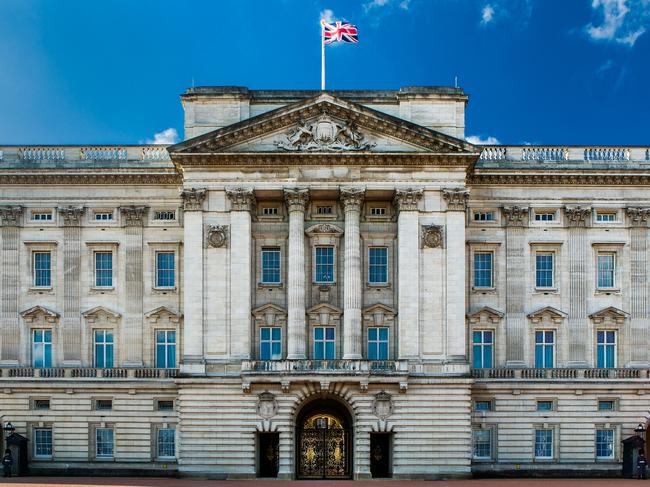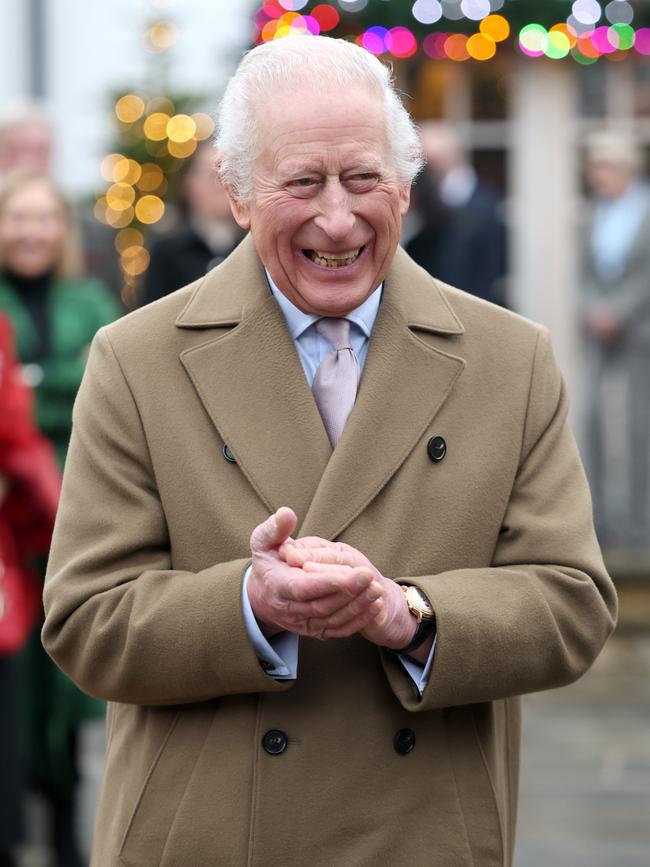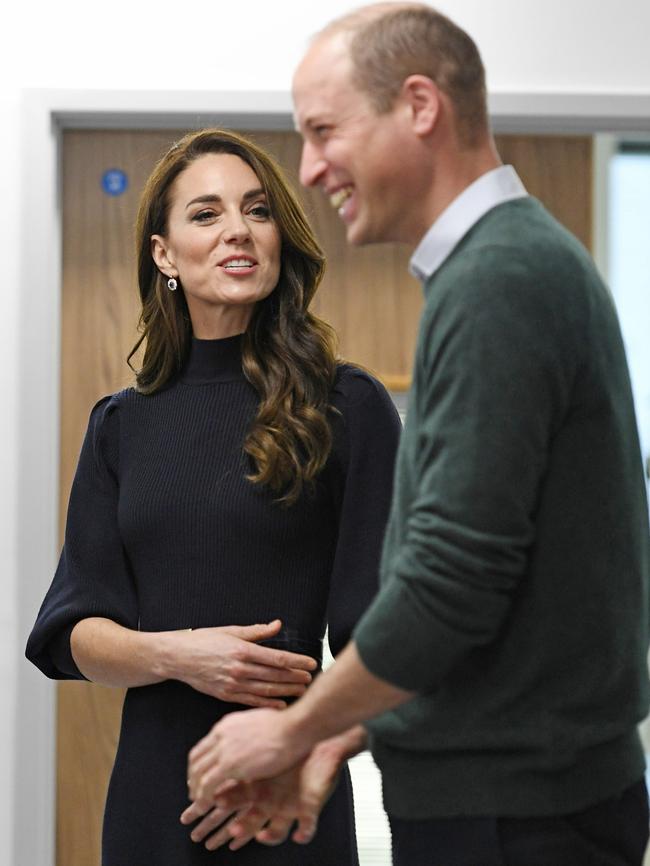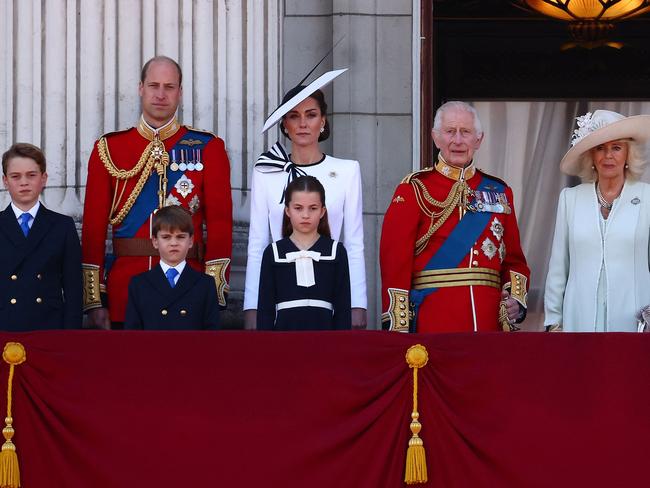Why the royal family is about to get an eye-watering pay increase
King Charles and co. are about to get an eye-watering raise - and it’s been described as “scandalous”.
Royals
Don't miss out on the headlines from Royals. Followed categories will be added to My News.
IN LONDON
The royal family’s finances are once again under a microscope following news that they’re set to get a record pay increase this year, funded by British taxpayers.
From April, the amount they receive via the Sovereign Grant – funded by the UK’s public purse – will jump by a whopping £45 million (A$88 million), to £132 million ($260 million).
“This is public money, all of this money comes from the government, at a time when the government is not able to properly fund schools, hospitals police … It is scandalous,” CEO of Republic Graham Smith told Town & Country. “Not only should it not be going up at all, it should be going down.”
However, when the increase was first announced last year, Buckingham Palace officials made it clear that a huge chunk of that extra cash will be put towards the £369 million ($728 million) bill for long-planned, necessary Palace renovations.
The exact amount that is being allocated from this year’s Grant for the work has not been made public.

MORE: Prince Williams’ dodgy $1.5b property empire revealed
The Grant was established in 2012 in order to help the royal family pay for expenses related to their official duties, with the vast majority usually spent on property maintenance and staffing.
When it first came into effect, around the time of the late Queen’s Diamond Jubilee, there was a much larger team of working royals – including Queen Elizabeth, Prince Philip, Prince Harry and Prince Andrew – which naturally required a larger pool of funding.
With reduced numbers, as royal author Richard Palmer pointed out to Town & Country, the public is now “getting less for their money”.
“I do think that the monarchy in general does a good job for the country and is part of the glue that binds us all together but that doesn’t mean that as an institution, as individuals, they should be able to avoid criticism. They are not above scrutiny.”


MORE: King Charles’ savvy $33bn side hustle
As well as public funding, King Charles and Prince William also receive private incomes from the Duchies of Lancaster and Cornwall – land and property portfolios which were established to generate income for the monarch and heir.
In the last financial year, that yielded the King £27.4 million ($54 million) and the Prince of Wales £23.6 million ($46.5 million).
These earnings were the subject of some controversy late last year, with a UK program, Channel 4’s Dispatches, examining the set-up more closely – and discovering that the royals were charging the NHS, armed forces and charities rent on their properties.
While the Duchy earnings are considered “private”, the royals usually use portions of it on public expenses.
But with this revenue stream also under scrutiny, Mr Smith declared he would be spearheading a campaign to have the Duchies “abolished”.
“I think that the Dispatches’ documentary really hit a nerve, I think people were really quite angry about it.”

In November, representatives for both the Duchy of Lancaster and Duchy of Cornwall spoke out in defence of the current system to People magazine.
“The Duchy of Lancaster manages a broad range of land and property assets. It is self-financing and does not receive any public funds in connection with its activities,” said a spokesman.
“It publishes an Annual Report and Accounts that is independently audited and available to view on its website and complies with all relevant U.K. legislation and regulatory standards applicable to its range of business activities.”
Meanwhile, the Duchy of Cornwall spokesman pointed out that the “private” estate has a “commercial imperative” which they achieve “alongside our commitment to restoring the natural environment and generating positive social impact” for its communities.
They added: “Prince William became Duke of Cornwall in September 2022 and since then has committed to an expansive transformation of the Duchy.
“This includes a significant investment to make the estate net zero by the end of 2032, as well as establishing targeted mental health support for our tenants and working with local partners to help tackle homelessness in Cornwall.”
Originally published as Why the royal family is about to get an eye-watering pay increase





